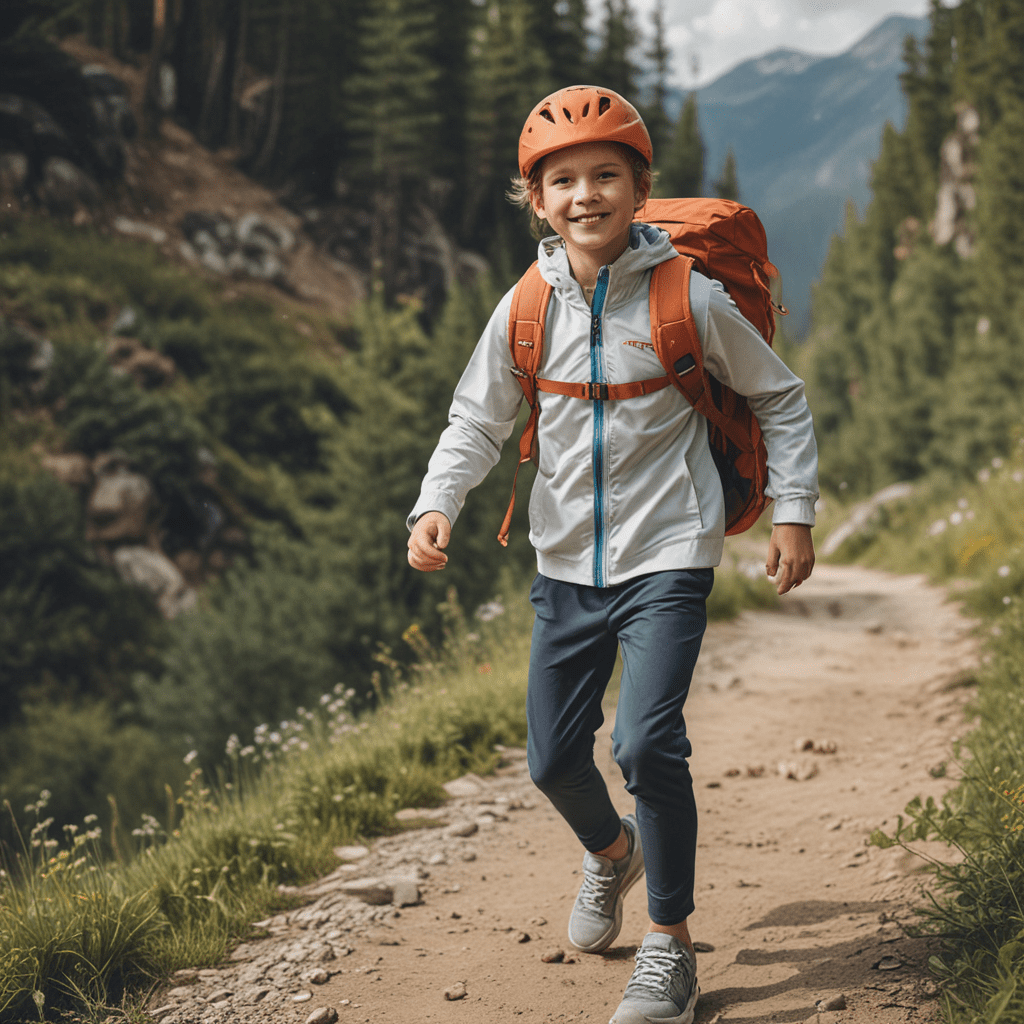
The Benefits of Adventure Sports for Kids’ Confidence Building
Adventure sports offer an exciting and rewarding way for kids to build their confidence. By engaging in physically and mentally challenging activities, children can develop a strong sense of self-belief and resilience.
1. Overview: Adventure Sports and Confidence Development
Adventure sports encompass various activities that push kids outside of their comfort zones, such as rock climbing, mountain biking, kayaking, and skateboarding. These sports require a combination of physical skills, mental focus, and emotional fortitude, which contribute to the development of a well-rounded and confident individual.
2. How Adventure Sports Promote Self-Belief
Adventure sports provide children with opportunities to prove themselves and witness their capabilities. By overcoming obstacles and achieving goals, they develop a belief in their abilities. Success in these activities fosters a sense of pride and accomplishment, which translates into increased confidence in other areas of their lives.
3. Overcoming Challenges and Building Resilience
Adventure sports inherently involve challenges that test kids' limits. Facing and overcoming these challenges builds resilience and perseverance. Children learn to adapt to unexpected situations, develop problem-solving skills, and bounce back from setbacks. This resilience becomes invaluable in navigating other life experiences and challenges.
4. Developing Problem-Solving and Decision-Making Skills
Adventure sports require kids to make quick decisions and find creative solutions to obstacles. This enhances their problem-solving and decision-making abilities. They learn to assess risks, weigh options, and take calculated actions, fostering a sense of independence and self-reliance.
5. Enhancing Communication and Teamwork Abilities
Adventure sports often involve working in teams or with partners. This environment promotes communication, collaboration, and the development of leadership skills. Kids learn the importance of supporting each other, seeking help when needed, and celebrating successes as a team.
6. Increased Physical and Mental Toughness
Adventure sports demand both physical and mental stamina. By pushing their bodies and minds to the limit, kids develop increased endurance, strength, and agility. They also learn to tolerate discomfort, manage fear, and focus under pressure, enhancing their overall toughness and resilience.
7. Developing a Positive Mindset and Can-Do Attitude
Adventure sports foster a positive mindset and can-do attitude in children. They learn to approach challenges with optimism and determination, believing that anything is possible. Successes in these activities boost their self-efficacy, making them more likely to take on new challenges and pursue their goals with confidence.
8. Fostering Risk-Taking and Adaptability
Adventure sports provide a safe environment for kids to take calculated risks and develop adaptability. They learn to step outside of their comfort zones, embrace uncertainty, and navigate unexpected situations. This risk-taking behavior translates into a greater willingness to try new things and adapt to changing circumstances in their daily lives.
9. Long-Term Impact on Confidence and Well-being
The benefits of adventure sports on kids' confidence extend far beyond the immediate experiences. The skills and traits developed through these activities positively impact their self-esteem, self-worth, and overall well-being. Adventure sports empower kids to believe in themselves and their abilities, leading to a lifetime of confidence and success.
10. Empowering Kids Through Adventure Sports
Adventure sports offer a unique and transformative opportunity for kids to build confidence, develop essential life skills, and foster a positive outlook. By embracing these challenging and rewarding activities, children can unlock their full potential and grow into confident, capable, and well-rounded individuals.
Frequently Asked Questions (FAQs)
Q1. Are adventure sports suitable for all kids?
A. Adventure sports can be tailored to different ages, skill levels, and abilities. It is essential to find activities that are appropriate and provide a balanced challenge for each child.
Q2. What are some examples of accessible adventure sports?
A. Rock climbing, mountain biking, kayaking, skateboarding, hiking, and trail running are some accessible adventure sports that kids can participate in depending on their age and interests.
Q3. How can parents support their kids in adventure sports?
A. Parents can encourage their kids to participate in adventure sports, provide emotional support, and help them set realistic goals. It's important to emphasize effort and progress rather than solely on outcomes.

